If you’re from overseas and your dream is to study medicine in Australia, you may be wondering where to get started. Thankfully, there are great study pathways available for international students who want to transition to a medical degree at university.
“Australia is a great place to study medicine. The people are very friendly and in my opinion, the curriculum is much more suited to teamwork and collaboration, which is different to how other countries teach medicine.”
– Joyce Tan, Malaysia (Bachelor of Medicine & Bachelor of Surgery at the University of Adelaide)
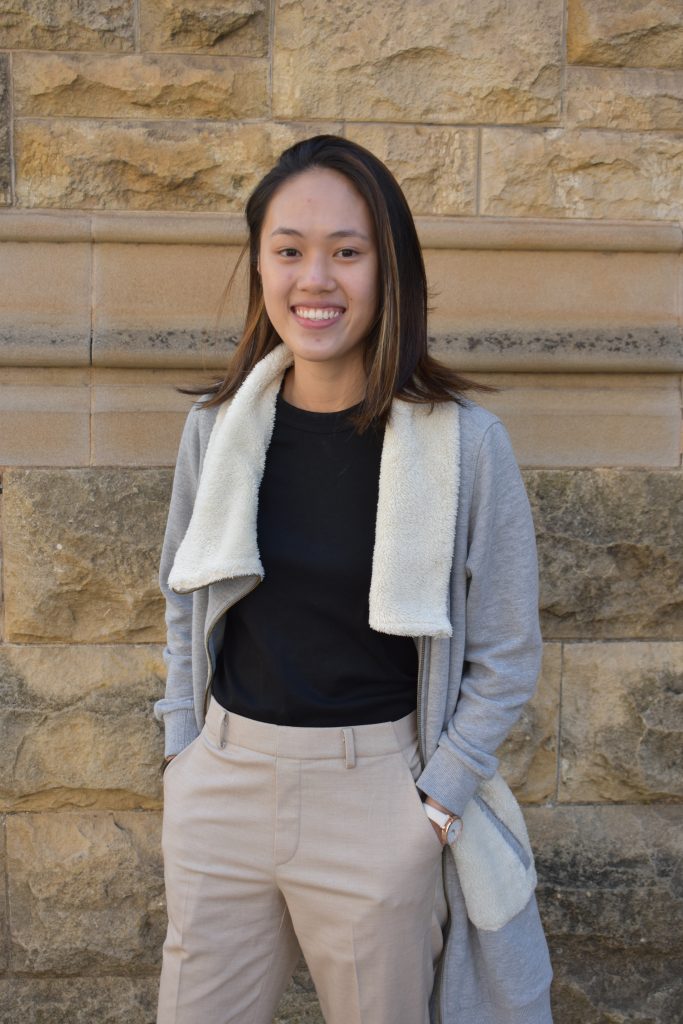
Joyce Tan, originally from Malaysia, decided to move to Australia to study medicine several years ago.
Joyce has now successfully graduated from her Foundation Studies Program (FSP) at the University of Adelaide College and is now studying a Bachelor of Medicine & Bachelor of Surgery (MBBS) at the University of Adelaide.
Here she outlines her pathway to study medicine in Australia:
Step 1: Choose the right university with a pathway program
“The University of Adelaide was one of the only universities that offered the MBBS course, so I decided to come to Adelaide.” – Joyce Tan
Start by doing research into which universities offer the degree you prefer and then looking into what pathways are available to the degree at your chosen institution.
As an overseas student, a pathway program can be a great stepping stone to studying medicine at university. It generally takes a year to complete and involves subjects in academic English as well as other prerequisite subjects necessary to progress to your degree.
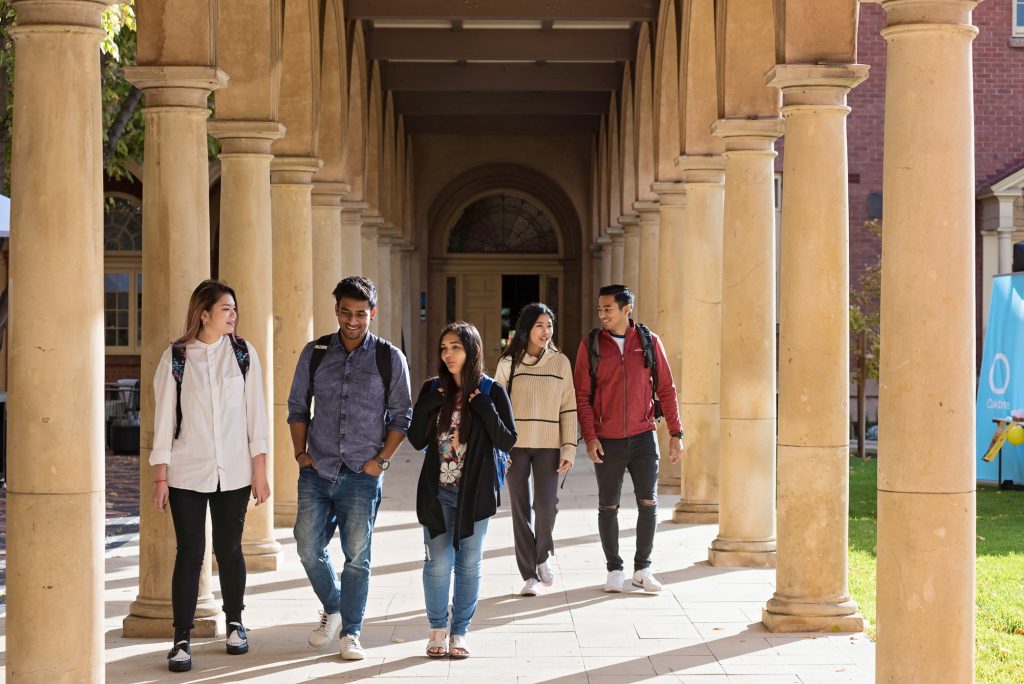
Step 2: Enrol in your foundation studies course
You can enrol in your foundation studies course yourself, or you can use the services of an education agent.
“The process was easier than I had actually thought because my agent handled the majority of the paperwork, and the College provided us with a lot of help and preparation at every step.” – Joyce Tan
Joyce enrolled in a Foundation Studies Program at the University of Adelaide College. This course involves a year of preparatory study, and as long as you meet the additional requirements outlined below, you will be eligible upon graduation to enrol in a Bachelor of Medicine and Bachelor of Surgery at the University of Adelaide.
Step 3: Study hard and get good grades, so you can successfully complete your pathway program
If you want to be accepted into medicine, you’re going to have to get good grades in your pathway program. At the University of Adelaide College, you’re required to maintain a minimum grade of 83% in order to qualify for a Bachelor of Medicine and Bachelor of Surgery (MBBS).
You’ll also be required to study English, and to complete the correct prerequisite subjects for your degree. For medicine, these will include subjects in chemistry and biology.
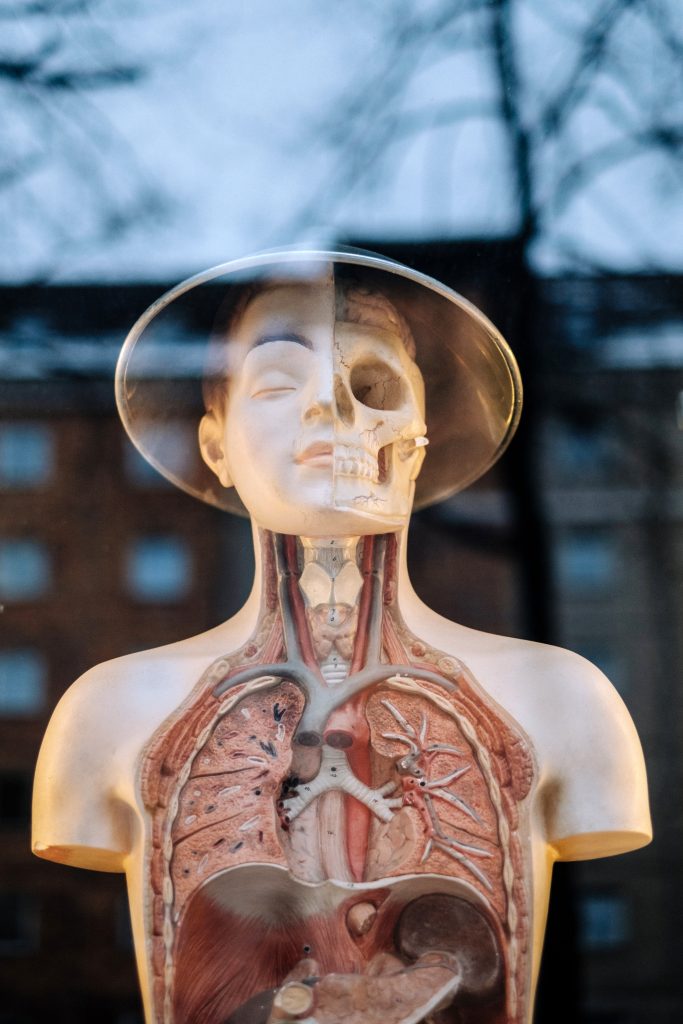
“The College had good prospects and a good pathway into medicine. They also provided a lot of help during the process including briefings, meetings with previous Foundation Studies students currently studying medicine at uni, mock interviews, and a good support system in learning the foundations of science through subjects in chemistry and biology.
The program has really helped me cope with current university life by bridging the gap between secondary school and university. For example, the way the assignments are set out are very similar to how the university sets assignments and having classes around the campus really helps you settle into your surroundings.” – Joyce Tan
Step 4: Complete the next big two tests and then enrol in your degree
Once you’ve successfully completed your pathway program, you’ll be required to undergo two additional assessments before you can enrol to study medicine at university:
The Admission’s Test
The Admission’s Test is designed to assess a range of personal qualities considered to be important for the study and practice of medicine. You will answer questions grouped into three sections, measuring cognitive skills and relevant personality traits.
Don’t worry; your education provider will give you a lot of help in preparing for this test.
“The test considers your personality and how you would fare as a doctor, so here they advise you to just be yourself and tell the truth. It also contains some questions similar to those in the UMAT (now UCAT) that you can do to prepare.” – Joyce Tan
An interview
If you’re successful, the next step is an interview. The interview gives your teachers a chance to get to know you and to ask some important questions that will be relevant to your career in health sciences.
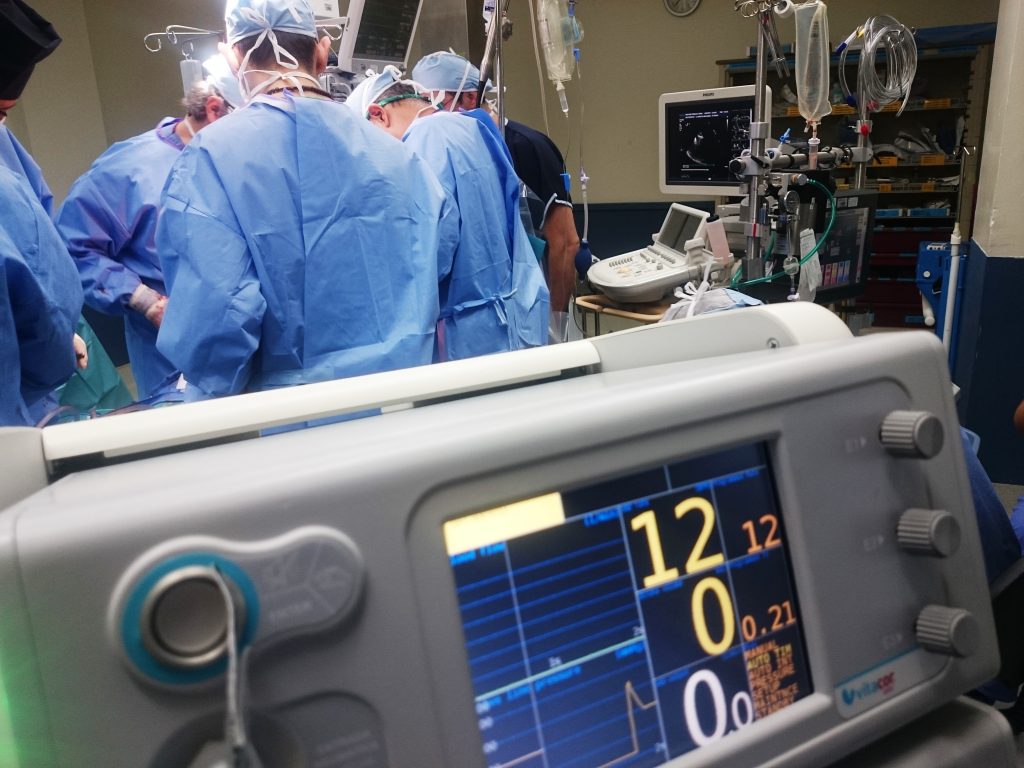
Your interviewers will be interested in learning about your commitment to the health profession, your ability to work with others, solve problems and to think laterally. They will also want to be sure that you know what your course involves, and you’re ready for all the hard work.
“Getting into medicine is not an easy task, and it requires a lot of commitment and energy when you might have other responsibilities. My advice: Work hard, ask questions and enjoy your time studying.
The MBBS offer is usually given based off a ranking whereby the interview holds the most weight, followed by the Admission’s Test score and then your academic score.” – Joyce Tan
Once you’ve successfully reached this stage… congratulations! You’ve completed the first steps towards studying medicine in Australia. Now, it’s time to wait for your offer, before beginning the next step of your student journey.
“The MBBS degree is six years long, where the first three years are pre-clinical and the following three are clinical. It’s a fairly long degree that requires a lot of dedication and commitment but if you’re willing and prepared then I’d go for it 100%” – Joyce Tan
Remember, if you don’t get accepted the first time around, you’ll have other chances. If your English isn’t advanced enough, or you still need to improve your foundational knowledge, you can complete additional pathway courses and reapply the next time around.
See here if you’d like to find out more about the Foundation Studies Program at the University of Adelaide College, or here if you’d like to learn more about studying medicine at the University of Adelaide.
